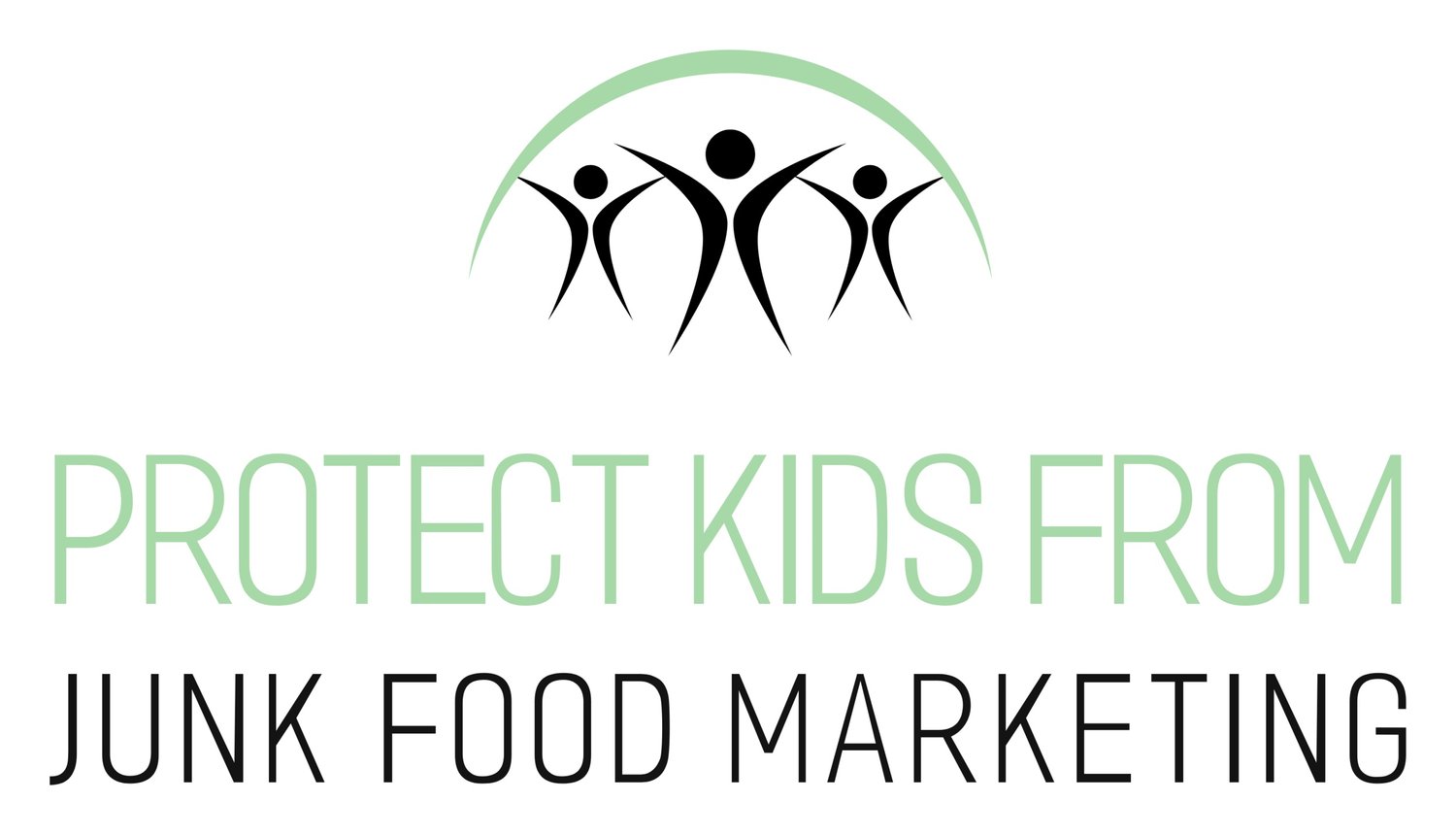FAQ
-
What does the campaign want?
We want to protect children from exploitation from junk food companies so they are free to grow in a junk-food-free environment. This campaign wants to see legislation restrict marketing of junk food from the places children frequent or play. This includes schools, early childhood education centres, billboards around schools, children’s sports grounds. It also includes broadcast media that children might watch as well as all digital media in New Zealand. We need to stop junk food companies from directing their marketing at children.
-
How will this help?
Health evidence shows junk food marketing impacts children’s food choices and long-term health. Harmful products should not be allowed to be marketed in children’s environments. There are no laws governing food and drink marketing to children. A voluntary code is in place, but this has proven ineffective at protecting children.
-
How is this achieved?
We know the Government is going to look at laws governing nutrition next year. It is important a new law designed to protect kids to exposure to junk food marketing is included as part of that work. The health sector is in broad agreement that this is one of the best things we can do for our children’s health.
-
How do we know this will make a difference?
We have evidence that shows marketing restrictions will reduce the exposure of children towards unhealthy products and therefore result in less harmful foods being consumed.
-
What is considered ‘marketing’?
Marketing is any form of commercial communication of messages designed to, or have the effect of, increasing the recognition, appeal and/or consumption of particular products and services.
-
What is considered junk food?
Junk food is a broad term used to typically describe foods of low nutritional value and are often ultra-processed. Typically, these foods are high in saturated fats, salt, sugar and low in nutritional value. With the support of health experts the law will need to define junk food to fall in line with nutritional expectations.
-
What about brand advertising?
If no food products are included in marketing the brand’s top-selling products will be assessed for nutrition value and harm to determine if the brand can market to children.
-
When is marketing ‘child-directed?
This is any marketing that appeals, or is likely to appeal to children. It can include the use of images, sounds, characters, packaging or themes likely to attract children or anything directly sent to or meant for kids.
-
How long until you see this law working?
We should see changes in sales very quickly. We will need a lead-in and adjustment time for retailers to prepare for these changes. The longer we take to make them, the longer we expose our children to unhealthy environments.
-
Will this affect my local fundraiser?
No. These restrictions are aimed at the Big Food industry which is commercially producing junk foods palatable to children.
-
What about small businesses like dairies, cafes or fish and chip shops?
Proposed law changes do not cover small to medium businesses with fewer than 20 employers, except where they are retailing the product of Big Food. It does not cover dine-in restaurants or takeaways.
-
Are companies not doing this already?
Some companies do take proactive steps, however, the health statistics plus studies into the impact of marketing show these voluntary measures are not enough to protect the health of children.
Regulatory measures will create an even playing field and means companies that voluntarily and responsibly avoid marketing to children can continue to do so while those that do not are required to do better.
-
Which other countries are doing this?
The United Kingdom, Portugal, Chile, Canada and Thailand are some countries introducing laws just like this. The WHO, UN Human Rights Commission, UNICEF and international experts are all calling on governments to act urgently on this issue.
